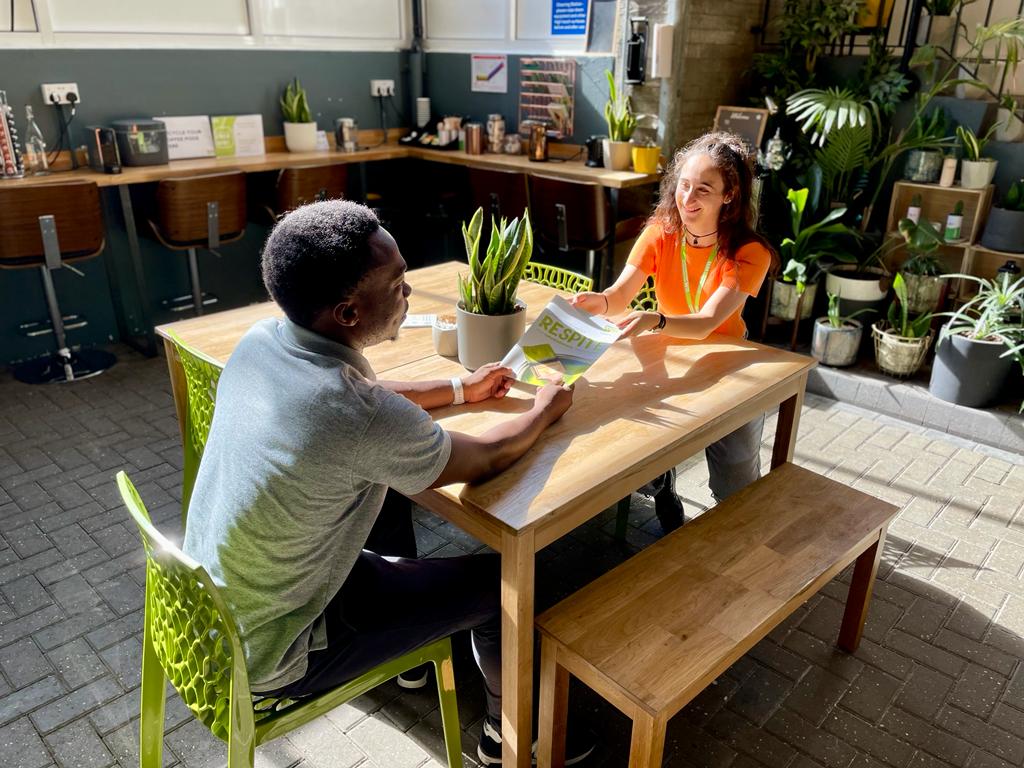We wanted to take the opportunity to share the progress of two One Public Estate (OPE) projects and how OPE funding can be used to lead to larger programmes of work and link in with other funding streams, in this case the GLA Future Neighbourhood 2030 programme.
Two projects received OPE funding across Phase 7 and 8. OPE funds for the Phase 7 project, Neighbourhood Services Hub, went towards a feasibility study to explore the potential for a Neighbourhood Services Hub to improve services provided to the community. This has resulted in an NHS campus and social rent homes.
The Neighbourhood Services Hub helped develop demand for the Phase 8 project, Lancaster West Neighbourhood Masterplan, which looked to support the delivery of improved and better integrated community services and the delivery of new homes. The project identified 22 project ideas to explore further to meet local need, including an Employment and Training Hub.
The project intends to create a community space for residents to access a range of wrap-around support, as well as developing 34 new homes for social rent in Hurstway and Testerton Walk on the Lancaster West estate forming part of the wider Neighbourhood Vision. The development of the local Neighbourhood Services Hub and New Homes project is making steady progress, with the team reviewing tender returns from interested bidders on developing outline proposals to RiBA stage 2.
There has also been significant progress in the development of an employment and training space within the Lancaster West Neighbourhood Team’s current offices at Baseline Studios, on Lancaster West Estate. The team are near completion of a digital hub used for learning and employment support, and are working with the Lancaster West Residents’ Association, Department for Work and Pensions (DWP), and seven local providers to deliver co-designed training and support offers from the space, due to formally launch in January 2023. In addition, the team have also installed several new 1-2-1 and individual pods for residents and stakeholders to utilise for employment, training, or enterprise-related purpose.
In advance of the construction of the Neighbourhood Services Hub, the team have started to pilot co-location at Baseline Studios with local services such as the NHS, DWP, Nova (a local charity that provide employment, financial, training and family support) and St. Giles Trust (who provide wide ranging service to support those held back by poverty, dealing with addiction and mental health problems, caught up in crime or a combination of these and other issues). Over 80 residents have been supported through this co-located work so far this calendar year, with interventions focusing on health, wellbeing, financial support, employment, and training.
As the OPE projects have progressed, there has been an overlap with GLA funding opportunities. A number of the 22 project ideas coming out of the OPE phase 8 funded project have been married up with several other project ideas that have been assembled into the ongoing Future Neighbourhoods 2030 programme, with significant additional GLA funding. Phase one of the Future Neighbourhoods 2030 programme saw £1.4m of funding given each to Camden Somers Town and RBKC Notting Dale to deliver a Future Eco-Neighbourhood. Kensington, Chelsea and Westminster OPE Partnership are now exploring bids for Phase 2 and 3 of the programme.
Future Neighbourhood 2030 Themes include retrofitting, creating a decarbonised, smart and integrated energy system, improving air quality, creating climate adapted, resilient, and green neighbourhoods, zero waste and a circular economy, and helping local communities to recover from the pandemic and be more resilient to both climate change and the cost of living crisis.

